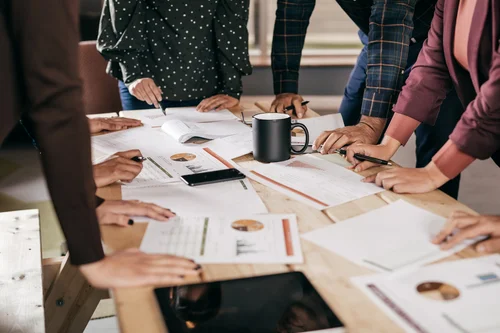EVENT PLANNING COMMITTEE ROLES AND RESPONSIBILITIES
The success of the conference depends on the Event Planning Committee roles and responsibilities to manage each element efficiently and effectively. There’s no single way to manage an educational conference or symposium, but many successful event planners spread the responsibility among an organizing committee. The Organizing Committee is the engine that drives any organizing campaign. The Committee must claim ownership of the campaign.
The event planning team creates, implements, and executes the event through research, strategy and holding creative meetings. If you’re planning a new event or hoping to instill a fresh approach to an established one, here’s one possible model event planners use as a guideline that can be adapted to your own event management process and requirements. It describes typical roles and responsibilities of committee members and leadership who could be drawn from inside or outside your organization.
Role of the Event Planning Committee:
Responsible for the overall development and management of the Conference & Expo including recruiting exhibitors and sponsors, and promotion of the event. The Conference and Expo Committee works in conjunction with the Programs and Education committee to develop conference seminars, approve exhibits and keynote speakers.
- Provides leadership throughout the campaign
- Collects data from previous events and strategize the event theme and topic themes needed to be addressed at the event
- Finds speakers that will speak to the event theme and shortlist them together in meetings
- Makes final decisions regarding budgets, production, venues, catering, hotels, accommodations, logistics and speakers
- Decides campaign strategies and actions
- Manages each aspect of event contributors, employees and stakeholders involved in the planning and execution of the event
- Provides feedback to staff organizers about direction of campaign and event organizing processes
- Attends regular Committee meetings with strategic purpose
- Acts as a watchdog different stakeholders and contributors actions
Role of the Committee Chair:
The Event Chair is the final decision maker and often has the most experience in planning an executing the event. Often left to be the one to sign off on final decisions, they will have a large amount of expertise, knowledge and insights for the organization, attendees, event logistics and what will make a great event. They will also have an eye for talent to access and assign roles for the committee sub committee.
- Convening a committee, setting meetings and agendas
- Supporting the committee to develop the goals and theme for the event
- Appointing sub-committee chairs
- Educating sub-committee chairs on their roles, responsibilities, and process
- Creating an event plan
- Working with the organization’s current budget, advising the Event Committee and Sub-committees on available funds and process
- Supporting the creation of a Funding Plan
- Creating a comprehensive event timeline incorporating sub-committee timelines
- Coordinating and supporting the flow of information/communication between committees
- Setting facilities meeting, communicating the event overview, and having sub-committees define their needs regarding the facility
- Proofing all Marketing and Press Releases
- Signing off on all funding plans in advance of any expenditure with the organization treasurer
- Creating an environment for fun and success
- On the day of the event:
- Track Progress of all committees
- Address all challenges in a timely manner
- Communicate all changes to facility managers and committee chairs
- BE AVAILABLE
- Direct day beginning to end, set-up to exit.
- Evaluating the Event Plan
- Thanking all of the participants and special guests
What does the Event Planning Committee Do?
The Event Committee is made up of the Event Chair, Sub-Committee Chairs, and interested organization and community members.
- Creating a comprehensive event plan including goals/desired outcomes and theme of the event
- Creating and agreeing on a comprehensive funding plan, inclusive of all estimated expenses of the sub-committees
- Communicating regularly on the progress of the sub-committees
- Approving all sub-committee decisions, i.e., program, food, marketing plan
- Determining how to solicit/raise additional funds if needed
- Setting ticket cost and process
- Supporting sub-committees
- Being available at all times during the day of the event
- Participating completely during the event
- Event evaluation and follow up
Sub Committee Types
- Program Sub Committee
- Steering committee
- Funding sub-committee
- Decorating sub-committee
- Volunteer sub-committee
- Food sub-committee
- Marketing sub-committee
Typical working sub-committees
- Education/presentations committee
- Publication/website committee
- Publicity and public relations committee
- Finance/sponsorship committee
- Site arrangements committee
- Registration committee
- Exhibit/tradeshow committee
Program Sub Committee:
The program is the heart of an event. The program content will allow the event goals to be met as well as communicate the theme. A program can focus on one performance, or it can incorporate many different performances and media presentations. What components will be used in the program will be suggested by the program committee and determined by the event committee. It is the job of the program committee to identify and secure what is needed. When determining the program, these items should be taken into consideration:
- Audience- who will be participating. Keep presentation relevant and interesting to the audience
- Venue- where the event is located often dictates possibilities for the program
- Event theme/goals- the program content must be in alignment with the overall event theme and goals
- Available money- what resources can be made available to fund/create the program
- Available time- how long is the actual program component of the event
- Committees available time- to secure/create the program
- Technical support- for media development
Steering committee
- Includes representatives from each sub-committee
- Handles overall coordination of the conference
- Oversees timing and scheduling, to ensure everything happens on time
The education/presentation committee
- Determines scope and content of conference program
- Recruits prospective presenters and session organizers
- Coordinates keynote sessions
- Organizes sessions and select session chairs
- Sets guidelines for speakers
- Confirms onsite audio/visual needs
- Coordinates speaker appreciation gifts and session evaluations
The Program Committee
- Creating a program plan
- Contacting/Contracting with performers
- Creating/Accessing all needed media
- Creating a performance schedule/script
- Work with Event committee to develop guest program
- Identify and communicate all technical needs
- Be stagehands, MCs, stage managers
- Host Green Room
Publication/website committee
- Oversees production of print and online materials to ensure quality and consistency
- Brands the event using conference logo or annual theme
- Create letterhead and envelopes
- Produces program (if needed)
- Produces session handouts (in collaboration with education committee)
- Develops onsite signage, for meeting rooms and presenters
- Evaluation forms
Publicity committee
- Assists in publicizing a call for presenters
- Compiles a media list for event promotion or coverage
- Builds attendance by including date on event calendars
- Arranges for any desired advertising or direct mail
- Writes pre-and post-conference promotional materials
Finance/sponsorship committee
- Determines fiscal responsibilities and approval process
- Seeks support of sponsors or in-kind contributions, if desired
- Sets the overall budget
- Monitors cash flow
- Tracks and records income and expenses
- Creates ongoing financial reports and updates
- Compiles final report
Onsite committee
- Assists in selection of hotel meeting facilities
- Liaises with educational/presentation committee
- Liaises with hotels, destination management company or other suppliers
- Plans guest/delegate activities
- Plans social programs and functions
- Makes food and beverage arrangements
Registration committee
- Updates registration forms/online links
- Establishes payment policy
- Handles onsite operation and management
- Assembles registration packets
The exhibit/tradeshow committee
- Oversees development of exhibits or displays
- Promotes event to prospective exhibitors
- Arranges space layout
- Liaises with meeting venue management
- Manages exhibitor registration
- Develops an exhibit guide
Related Posts
 6 TIPS TO SUCCESSFULLY PROMOTE A CORPORATE EVENT
6 TIPS TO SUCCESSFULLY PROMOTE A CORPORATE EVENT
 PROMOTE THE EVENT ON SOCIAL MEDIA TO RAISE ATTENDANCE
PROMOTE THE EVENT ON SOCIAL MEDIA TO RAISE ATTENDANCE
 HOW TO PLAN A SUCCESSFUL EVENT: CORPORATE EVENTS & CONFERENCES
HOW TO PLAN A SUCCESSFUL EVENT: CORPORATE EVENTS & CONFERENCES
 WHAT IS THE PURPOSE OF A KEYNOTE SPEAKER: WHY HIRE ONE?
WHAT IS THE PURPOSE OF A KEYNOTE SPEAKER: WHY HIRE ONE?
 ADDITIONAL VALUE FOR YOUR INVESTMENT: SPEAKERS BOOKS AND ONLINE TRAINING
ADDITIONAL VALUE FOR YOUR INVESTMENT: SPEAKERS BOOKS AND ONLINE TRAINING
